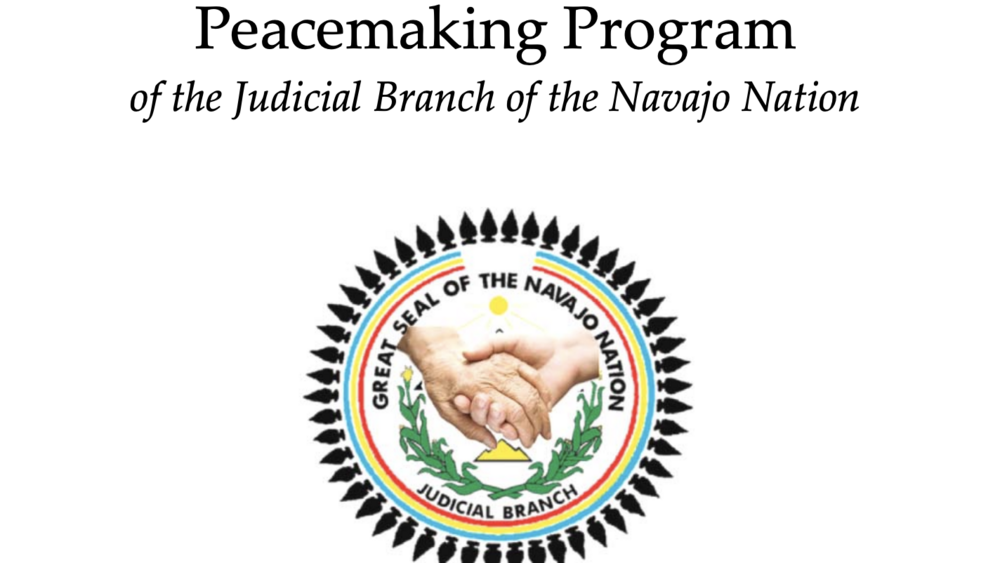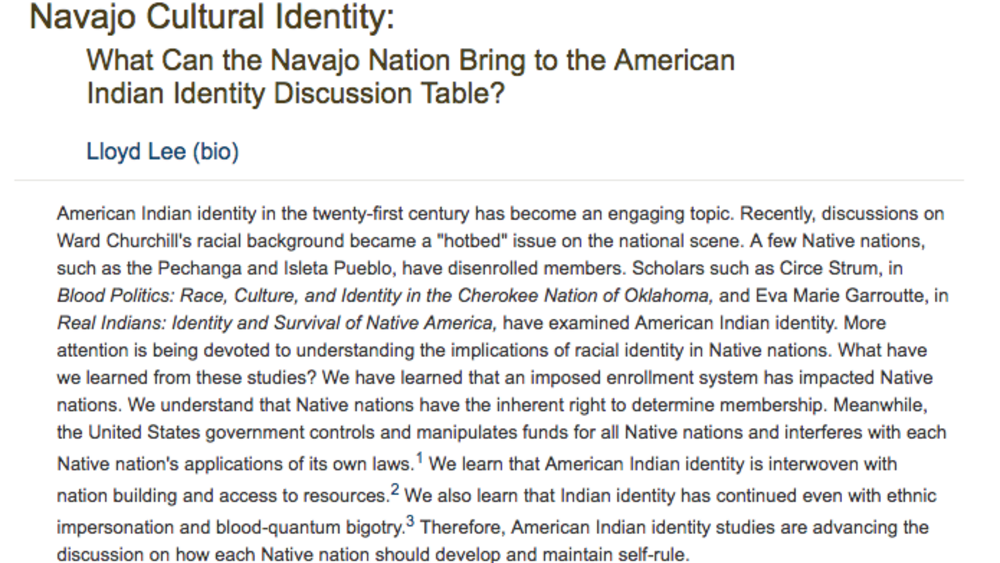Avery Denny is a member of Diné Medicine Man’s Association and is faculty at the Center for Diné Studies at Diné college Diné hatáli. As an instructor for over 29 years, he has taught courses on herbology, holistic healing, and Diné culture, oral history and philosophy. Avery is a Diné hatáli, singer of the blessing way, beauty way, night way and enemy way, and has dedicated his life to retaining and teaching Diné Bizaad. He offers stories about the origins of leadership for Diné and the power of learning language.
Additional Information
Native Nations Institute. "Avery Denny: Origins of Navajo Leadership." Leading Native Nations, Native Nations Institute, University of Arizona, Tucson, AZ, September 15, 2015
Transcript
For a complete transcript, please email us: nni@email.arizona.edu


